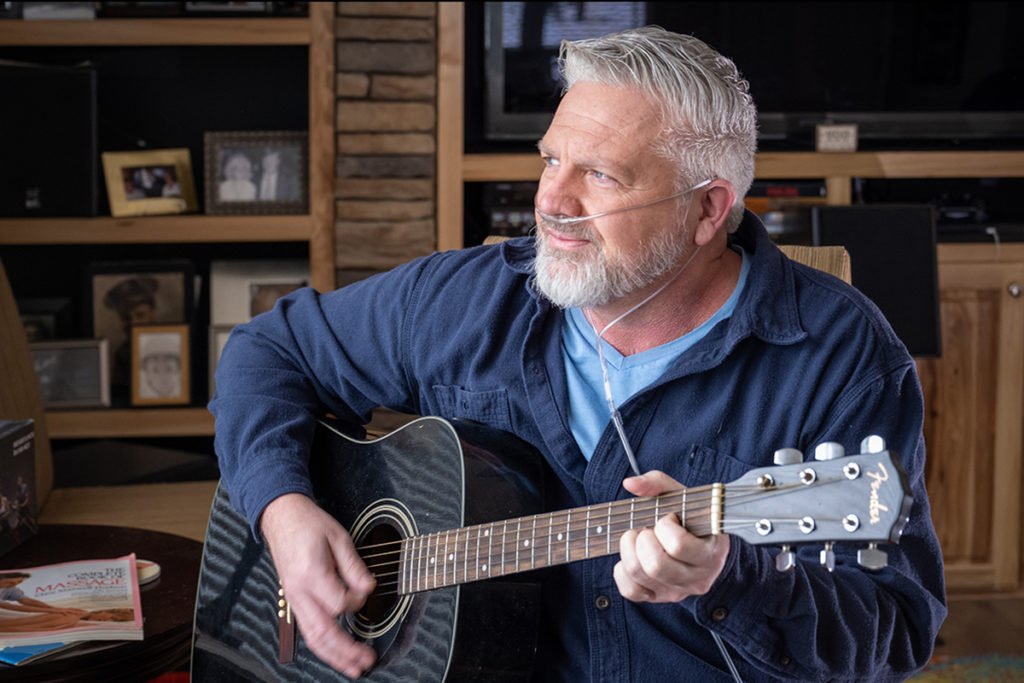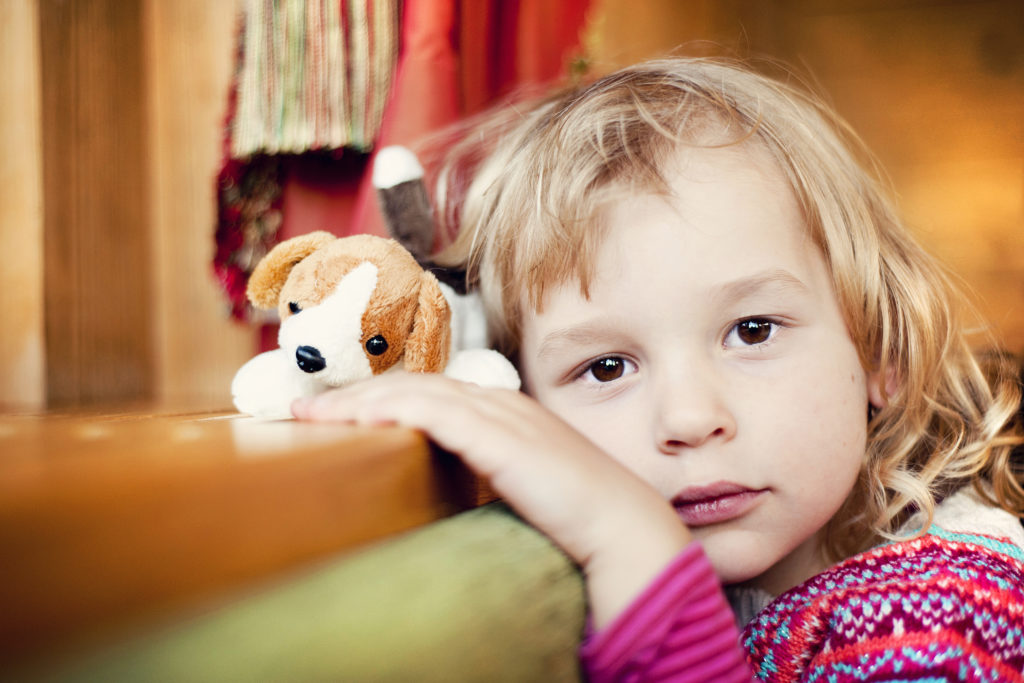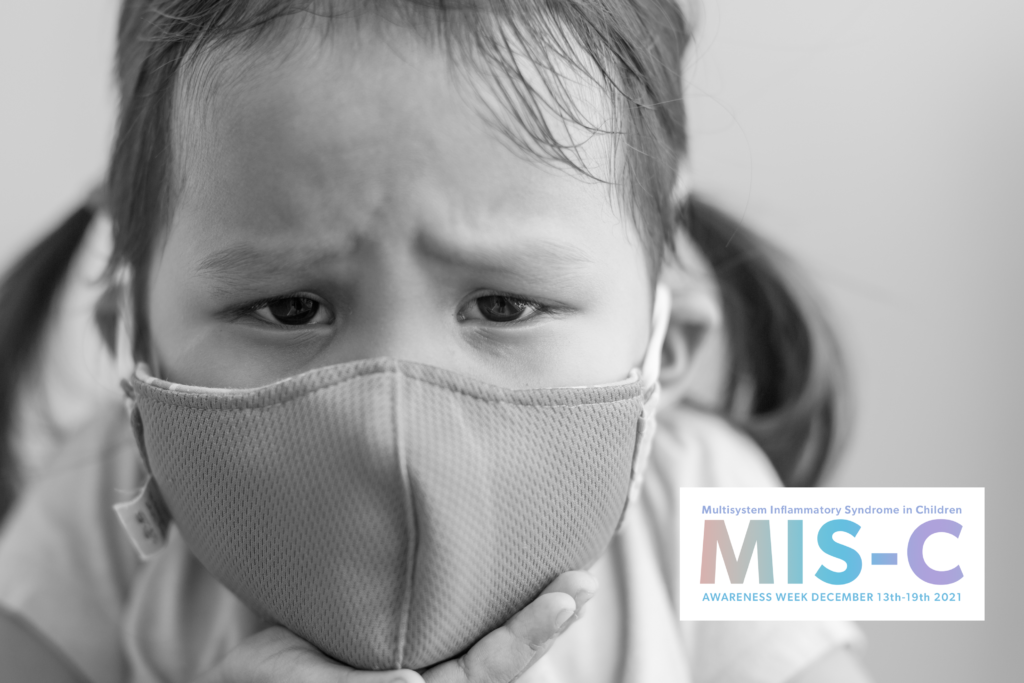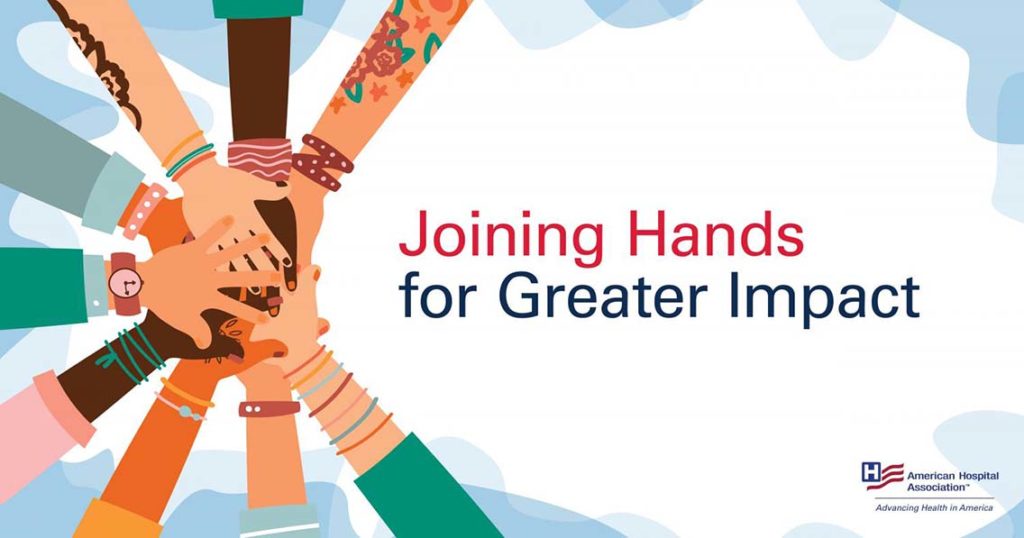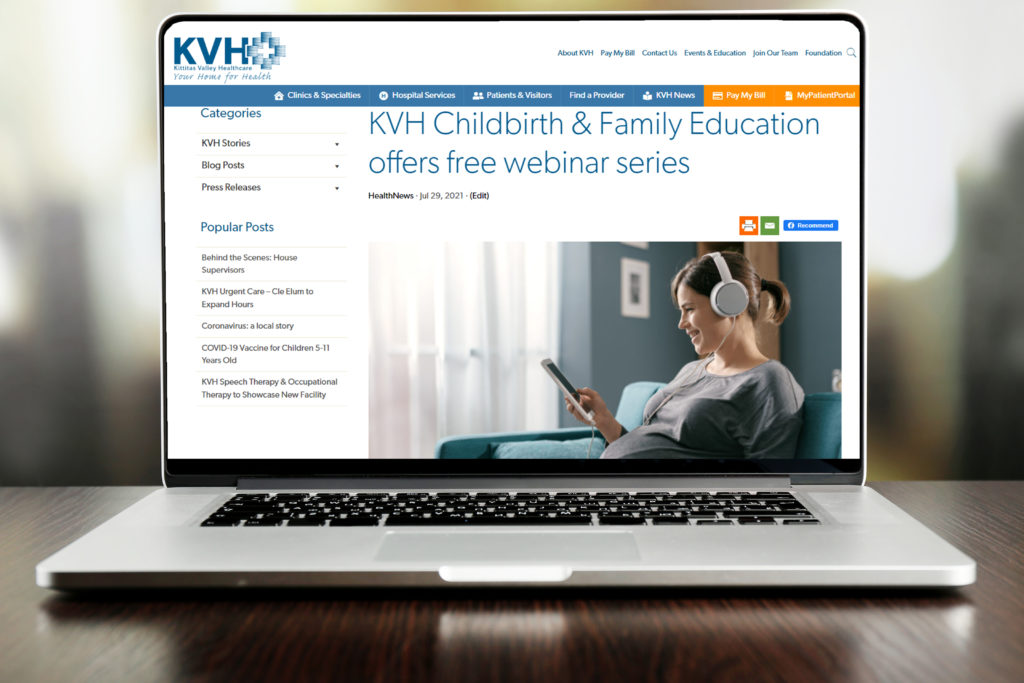Reliable friend. Life of the party. Hardworking. People person. That’s how Anthony Nelson’s friends and family have always described him. With a quick wit, sharp intellect and enviable social skills, […]
COVID-19
COVID-19 and Children- Infection and Vaccines
Contributor: Dr. Elise Herman
Parents know too well what “pandemic fatigue” is. They are tired of it all- the masking, the distancing, the quarantining, the disruption of life, and the loss of a “normal childhood” for their kids. But this is a critical time in the COVID-19 pandemic…
MIS-C Awareness Week
A rare and severe condition associated with Covid-19 is MIS-C (Multisystem inflammatory syndrome in children).
Covid-19: Pediatric Insights
Earlier this week Dr. Elise Herman, KVH Pediatrics, joined other pediatric health care leaders for a panel discussion hosted by the American Hospital Association (AHA), American Academy of Pediatrics and Children’s Hospital Association.
KVH Childbirth & Family Education offers free webinar series
The Covid-19 Pandemic brought about many changes in the way we …
